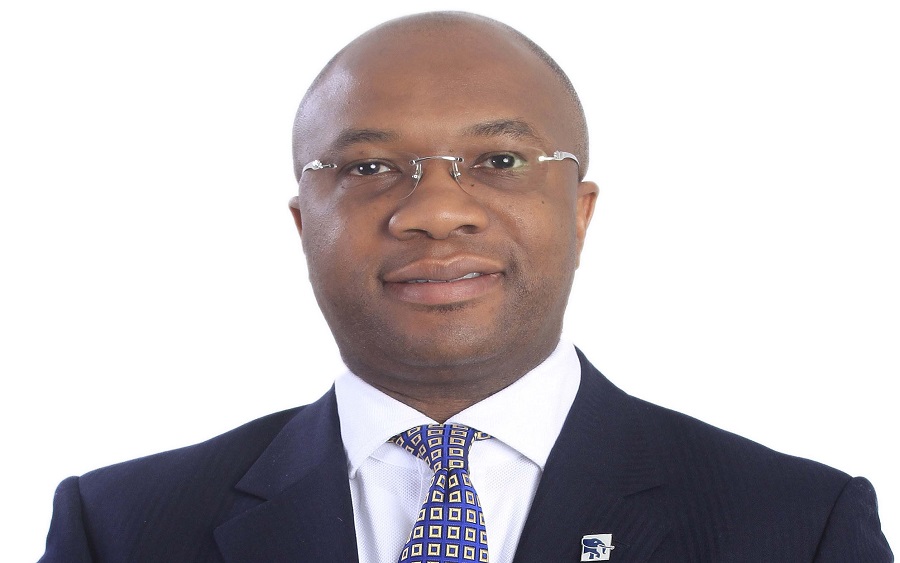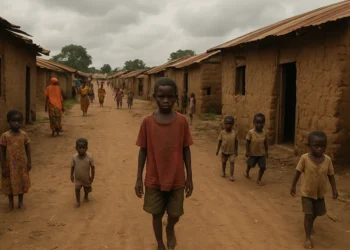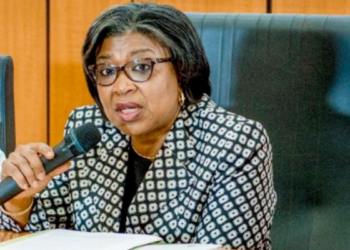The coronavirus knows no boundaries, so governments across the world are struggling to protect their populations and their economies as best they can.
In advanced economies, the focus has been monetary and fiscal, along with measures of social control.
In Nigeria, the lead role to date has been taken by the Central Bank of Nigeria (CBN). It has cut the interest rate on its own credit interventions to 5% and launched a one-year moratorium on principal payments. It has also launched new ones targeted at manufacturing (to encourage import substitution) and healthcare.
A selection of local pharma companies will receive priority funding, both naira and FX, to access raw materials and boost domestic production. It will be a challenge to secure those materials since many governments have imposed export bans to conserve stocks of what are now seen as strategic goods.
The CBN already has a prominent role as a lender to the real economy. Its latest statement of assets and liabilities from October 2019 show unspecified other assets of US$12.6 billion in a balance sheet total of US$80.0 billion, converted at the current NAFEX exchange rate. This development finance may not conform to orthodox definitions of central banking and some will say that the impact of the CBN’s lending on its borrowers is less than that of the deposit money banks. Yet the response to a crisis is to wheel out the big guns with ammunition to spare.
READ MORE: Nigerian Eurobonds Weaken as Trade war Depresses Oil Prices
The FGN does not have huge resources to throw at the challenge. Rather, it has to scale down its 2020 budget in view of the crashing oil price and is said to be basing the new version on an average oil price of US$30/b rather than the previous US$57/b. Oil revenue collection of N2.64trn looks unattainable on the basis of both assumed price and output, but projections for non-oil taxes are also vulnerable in view of the decline in consumption due to lockdowns.
Its briefings have indicated that it looks to remove N1.5 trillion in spending from the existing budget. The priority of the FGN will be to pay salaries and meet debt-service obligations. Personnel spending is set at N2.83 trillion in the budget, a steep increase on the outturn of N1.74 trillion in January-September 2019. The rise will be due largely to the higher national minimum wage. The loser will surely be capital items in the budget, set originally at N2.46 trillion.
READ MORE: Nigerian cinemas count loses in Q1 2020, amid COVID-19 lockdown
Since there are limits to the firepower of the big guns, the authorities will turn to borrowing. The DMO alluded to the budget reworking when it released its issuance calendar for FGN bonds in Q2 2020, which it based on the current figure of N745bn for new domestic borrowing. It also noted that the approved new external borrowing of N850bn could, subject to authorization, be raised in the domestic market.
The Finance Minister, Zainab Ahmed, told the media yesterday that the FGN is to approach the IMF, the World Bank and the African Development Bank (AfDB) for a total of US$6.9 billion to soften the impact of the virus. Details are thin but both the Fund and the Bank have set aside funds for this purpose outside their regular lending programmes. Both Washington institutions have indicated that their funds should be available for (relatively) rapid disbursement.
Gregory Kronsten
Head, Macroeconomics & Fixed Income Research, FBNQuest
07 April 2020
























